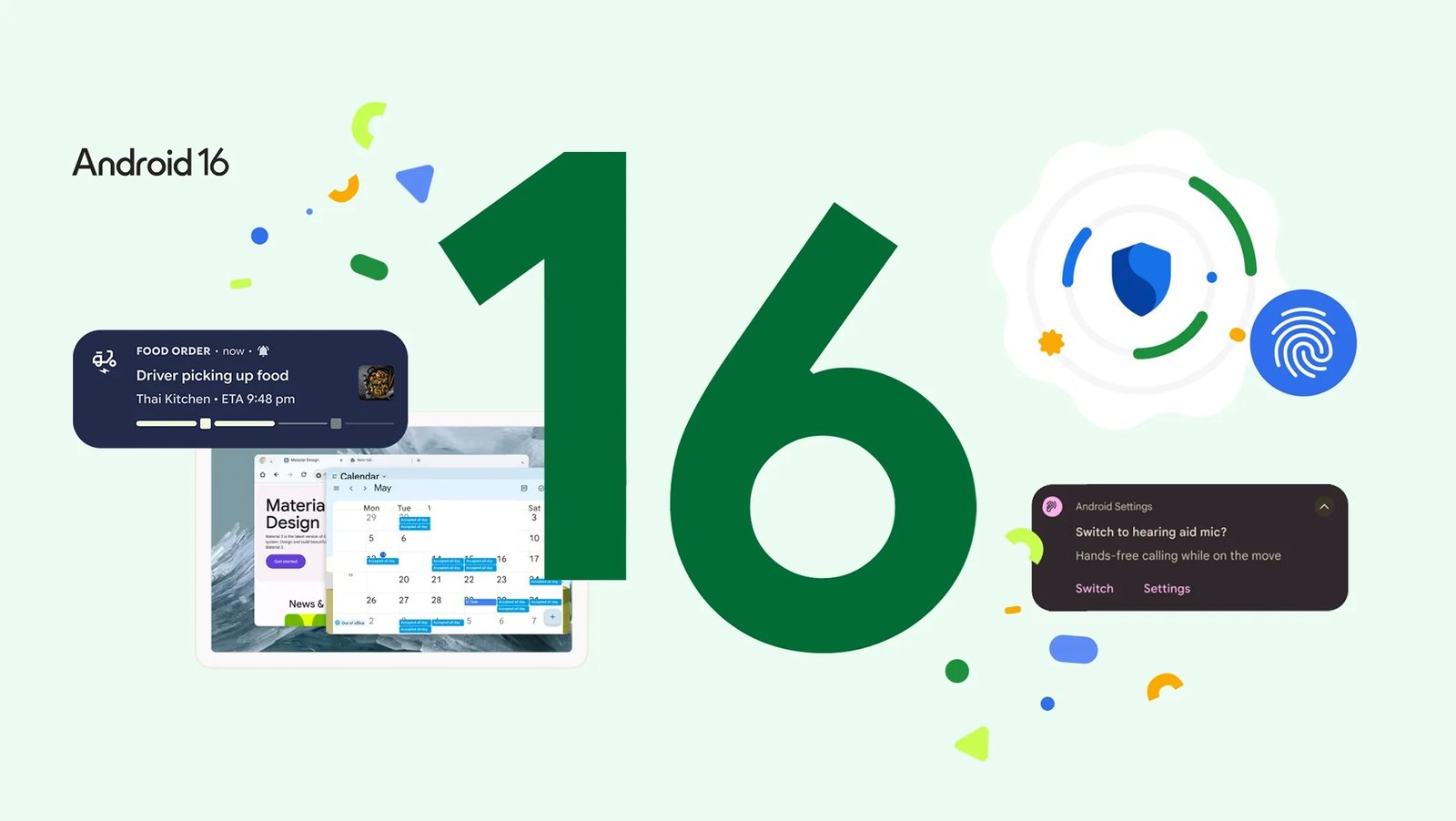In their infancy, internet technologies have shown immense potential in upgrading our lives and making them more convenient. With the ability to transmit information and connect with people all around the globe, privacy has made these activities more unique and exciting.
While it rarely was a priority, maintaining privacy in proper situations has made the digital world a safe haven for anxious people, with an ability to complete a multitude of tasks without social interactions and exposure to personal information.
But as the digital world kept growing, its focus shifted to a relentless pursuit of convenience. Big tech companies, software developers, and other businesses have jumped on the train to create better products or advertisements but strayed from providing the best possible service. Information is the most valuable resource that makes products convenient, but when precious data can be sold and reused for other services, aggressive data collection becomes the not-so-hidden goal for many companies.
Because authentic user data is so profitable, tech companies gradually stripped away our internet privacy. Anything we post on social media, online shops, and other platforms can be scrapped or hacked. When digital tools are so convenient and efficient, most people store parts of their personal data online, so they can bid it farewell.
While there’s no way to guarantee complete online privacy, there are tools that can help you diminish the collection of private data. In this article, we will address how we leave fingerprints on the web, how third parties collect and use this information to recognize or even track you, and how tools like a user-agent switcher or a chrome proxy extension can help you protect your privacy and anonymity. Look up Smartproxy – a respectable proxy provider with plenty of blog articles concerning safety on the internet to get in-depth knowledge about assisting software. For now, let’s build basic awareness on mass data collection and the fall of online privacy.
How big are your digital footprints?
Depending on the device you use, most connections to web servers will leave a data trail behind it, and it is far more significant than most internet users realize. The amount of shared information grows when you gave to complete sign-ins and registrations and gets worse with online purchases. Disclosing your personal data with retailers is extremely convenient but makes information spillage unavoidable.
A connection to a web server gives up a lot more information than a casual user anticipates. With every request, you give up your IP address, user-agent, plugins on your web browser, and even parameters of your device.
Companies that provide services try to get as much information as possible to develop personal connections with individuals that might become their customers. Promises of further convenience are true, but the pursuit of data creates new ways to track visitors and additional sources of income for these businesses.
How to minimize online tracking?
While most businesses will not leak your personal information, you as a visitor have all the right to be uncomfortable about the extent of data collection. Let’s discuss a few ways you can reduce the tracks you leave online.
Change your user-agent
User agents appear in HTTP headers and help web servers identify your browser and an operating system to present your data in the most suitable format. Web owners can track recurring user-agents to profile certain visitors. If you feel uncomfortable with sharing this information, you can download a user-agent switcher extension for your browser to retain a portion of anonymity.
Hide your IP address
An IP address is a big part of your network identity. Its exposure to malicious parties can show your Internet Service Provider (ISP) and to some degree, your relative physical location.
Hiding your IP is a common practice for both businesses and individuals around the internet that has many benefits. Connections to suspicious websites are generally more secure when done through an intermediary server. Proxy servers can help you mask your network identity and avoid exposure to dangerous third parties.
For simple browsing purposes, we recommend using a chrome proxy extension that will protect you from unnecessary IP exposure.
Use different email addresses for your sign-ups
Your email address is another piece of valuable data that is sold to other websites, resulting in you receiving unwanted mail. Get different accounts for some registrations to protect your privacy and keep the stream of received information manageable.
Clean your Web cookies
Web or HTTP cookies are created for browsers to track and save personalized sessions for website visitors. While the intended purpose of the service is to load the intended pages and restore your sessions faster, some internet users might not be comfortable with these tools. While cookies are harmless on trustworthy websites, suspicious pages can mistreat your personal data. Make sure you clean your browser cookies to minimize digital fingerprints.
Anything you post can be scraped or hacked. If your data is online, you are never private. You can change your IP address with a chrome proxy extension or tinker with other settings related to your connections to the internet, but that does not fully prevent fingerprints. The days of complete privacy are over. The best we can do is to mitigate our exposure to the web to retain some level of anonymity. However, if you want to pursuit complete privacy on the internet, your efforts will be in vain. There is no privacy on the web and we would be fools to expect it.














